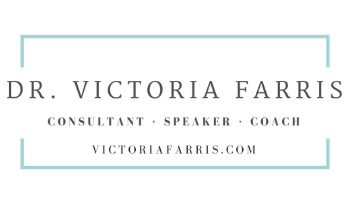Disrupting Family Norms During the Holidays
For many folks this time of year is already stressful -- add in surging COVID cases and a contentious election and we really have a recipe for stress! For those who celebrate, the holidays can often come with lots of family expectations and pressure. Many folks have shared with me recently that they either avoided topics like politics altogether or ended up in a fight with the family of friends over Thanksgiving.
Can you relate to any of this?
Learning to move through the discomfort of disrupting family norms (like performative harmony and avoidance), building our own skills and capacity to not get triggered and be able to engage in dialogue, and learning to consistently engage with the folks in our lives is essential for those who aspire to be allies and accomplices for any group.
We cannot be allies and change agents in just one space -- that's not allyship! Allyship requires the full embodiment and alignment of espoused values and actions. It means that we're an ally at work, at family dinner, with our friends, as a parent, and in our communities. It means that we're not just posting black boxes and retweeting antiracist content on social media, but we're disrupting harmful dynamics in all aspects of our lives.
Today I invite you to reflect on the following questions. Be honest with yourself and hold yourself accountable -- after all, what's more, important to you? Your comfort or the actual lives and safety of everyone?
- Are you living up to the values you aspire towards as an ally and accomplice?
- Are you engaging with other people who share your privileged identities relentlessly -- in all spaces, all of the time?
- What are you willing to let slide? Jokes, subtle insults, and snubs? At work? With your partner?
- Why are those things that you're willing to let slide?
- Would your Black colleague at work say that you're an ally?
- Would the queer or trans student or client that you serve say you're an ally?
- Would your kids say that you disrupt harmful dynamics? Or do you wait to tell them afterward why what grandpa said wasn't OK?
These may sound tough, but they're the same questions that I ask myself regularly. And let's be honest, accountability is tough. And so is justice and libration work. If cultivating antiracist spaces were easy, wouldn't we have them already?
Tell me, friends. How does all of this make you feel? What are the barriers or defenses that pop up for you? And how can I support you?
Doing our own work isn't just about reading the books. It's about doing the necessary self-reflection and self-work to show up with our biases in check and move past old limiting beliefs and barriers. Now's the time to dig in! Are you ready?
